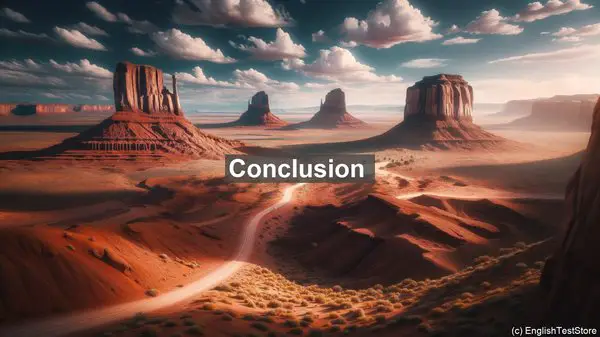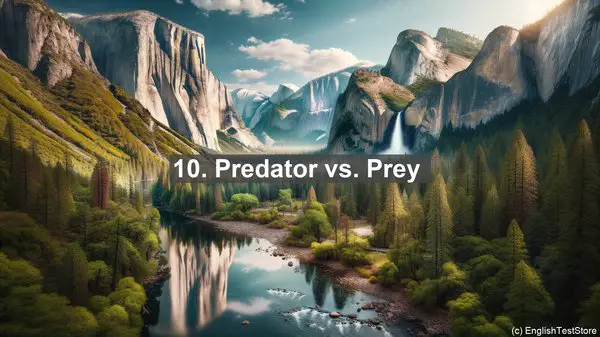Introduction
Welcome to today’s lesson on zoology. In this lesson, we’ll be discussing the top 10 commonly confused words in this fascinating field. Let’s dive in!

1. Mammal vs. Marsupial
One of the most common confusions in zoology is between mammals and marsupials. While both are warm-blooded and give birth to live young, marsupials have a unique pouch in which they carry their underdeveloped offspring. Kangaroos and koalas are classic examples of marsupials.
2. Herbivore vs. Omnivore
Another confusion arises when distinguishing between herbivores and omnivores. Herbivores primarily feed on plants, while omnivores have a more varied diet, including both plants and animals. Bears, for instance, are known for their omnivorous nature.

3. Reptile vs. Amphibian
Reptiles and amphibians often get mixed up. While both are cold-blooded, reptiles have dry, scaly skin, while amphibians have moist, permeable skin. Additionally, reptiles lay eggs with a leathery shell, while amphibians lay eggs in water.
4. Predator vs. Prey
Understanding the difference between predators and prey is crucial. Predators are animals that hunt and feed on other animals, while prey refers to the animals that are hunted and eaten. Lions, for example, are apex predators in their ecosystems.
5. Invertebrate vs. Vertebrate
Invertebrates and vertebrates differ in terms of their skeletal structure. Invertebrates, like insects and worms, lack a backbone, while vertebrates, such as mammals and birds, have an internal skeleton. This distinction is fundamental in zoology.
6. Carnivore vs. Scavenger
Carnivores and scavengers are often confused due to their similar feeding habits. Carnivores primarily hunt and kill their prey, while scavengers feed on the remains of dead animals. Vultures, for instance, are well-known scavengers.
7. Endangered vs. Extinct
When discussing species, it’s important to differentiate between endangered and extinct. Endangered species are at risk of becoming extinct, while extinct species no longer exist. The dodo bird, sadly, is an example of an extinct species.
8. Ecosystem vs. Habitat
While related, ecosystems and habitats have distinct meanings. An ecosystem refers to a community of living organisms and their interactions with the environment, while a habitat is the specific place where an organism lives. The Great Barrier Reef, for instance, is an ecosystem.
9. Migration vs. Hibernation
Migration and hibernation are two different strategies animals use to cope with changing seasons. Migration involves the seasonal movement of animals from one region to another, while hibernation is a state of inactivity and reduced metabolism during winter.
10. Predator vs. Prey
Our final confusion is between predator and prey. Predators are animals that actively hunt and kill their prey, while prey refers to the animals that are hunted. This dynamic is a fundamental aspect of the animal kingdom.
